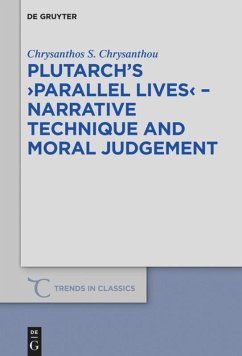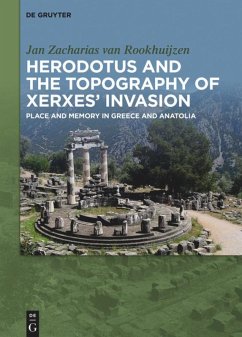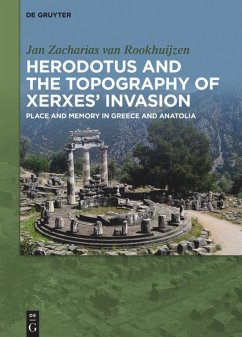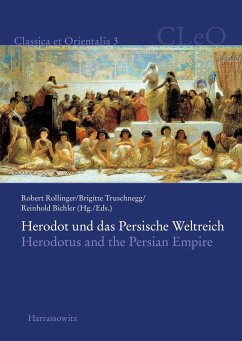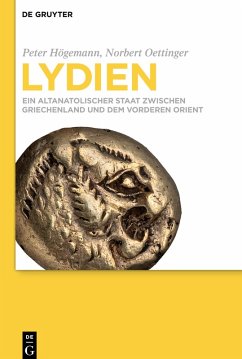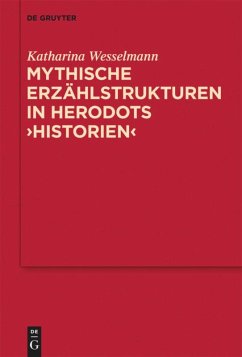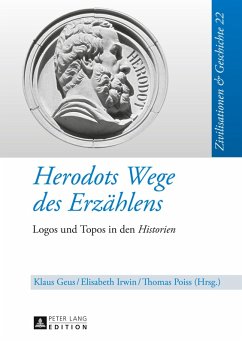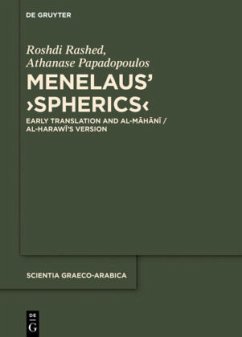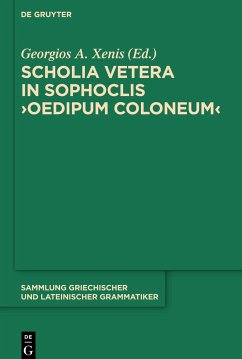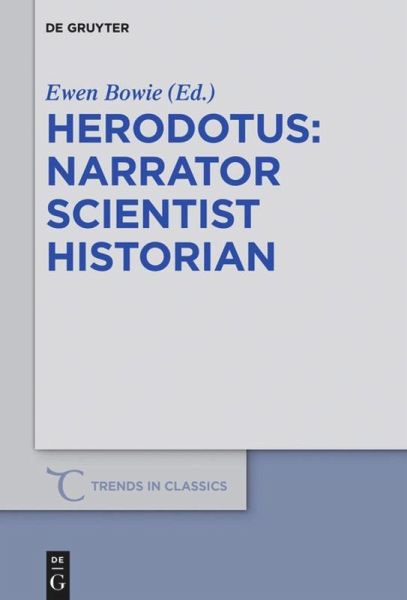
Herodotus - narrator, scientist, historian
Versandkostenfrei!
Versandfertig in 6-10 Tagen
84,99 €
inkl. MwSt.

PAYBACK Punkte
42 °P sammeln!
Recently the importance for Herodotus' work of contemporary medical and sophistic thought and techniques of argument has been widely recognised, as long had been his dependence on and difference from earlier geographical and ethnographic writing. This volume focuses on the place of these interests in his investigatory techniques and sets them alongside his many narrative skills, from superficially traditonal battle narrative and reworking of Greek or non-Greek traditions that border on myth to the structuring of narrative by highlighting the life of objects, and addresses such fundamental issu...
Recently the importance for Herodotus' work of contemporary medical and sophistic thought and techniques of argument has been widely recognised, as long had been his dependence on and difference from earlier geographical and ethnographic writing. This volume focuses on the place of these interests in his investigatory techniques and sets them alongside his many narrative skills, from superficially traditonal battle narrative and reworking of Greek or non-Greek traditions that border on myth to the structuring of narrative by highlighting the life of objects, and addresses such fundamental issues as how he chooses between competing explanations and how far he valued truth. The book tackles many of the basic issues that confront any attempt to understand Herodotus' work.



